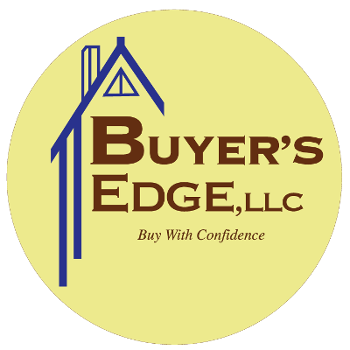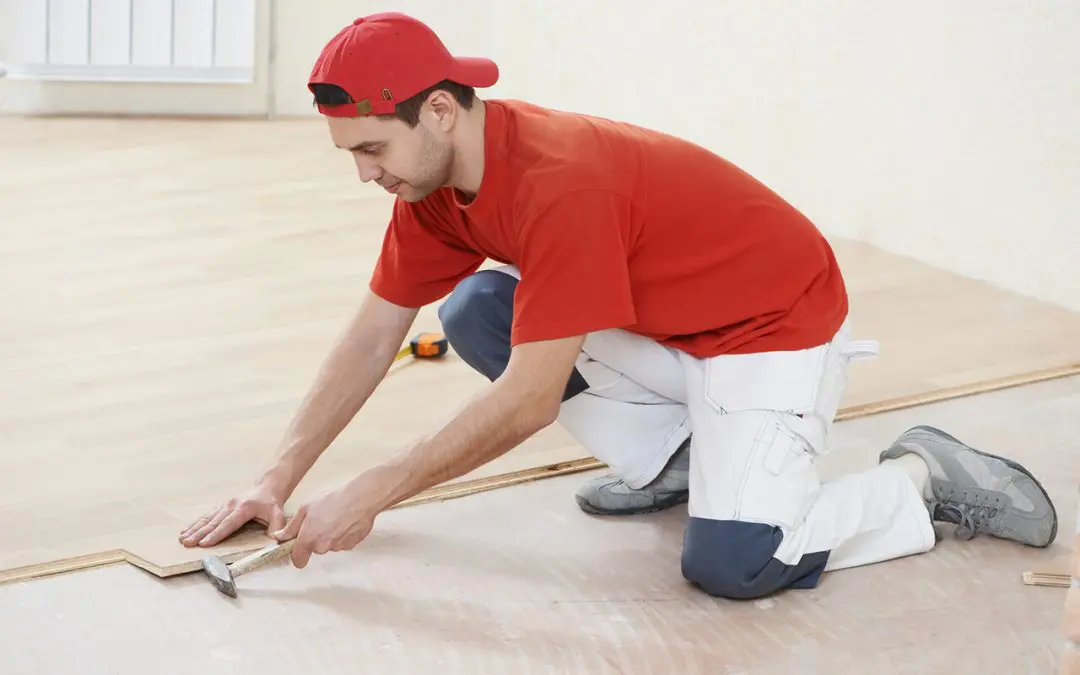When planning for a new floor for your home, there are many options to choose from and several factors to consider. You want a material that is durable, attractive, and fits your budget. Here are the pros and cons of common types of flooring materials.
Concrete Flooring
Concrete is a great choice for residential use in basements, garages, and entryways. Thanks to newer technology, concrete floors are attractive and customizable.
The durability of a concrete floor is one of its main advantages. Concrete flooring is highly resilient and tough. Concrete can withstand pressure and support heavy items and equipment. This flooring material is easy to maintain and inexpensive and has different finish options that offer scratch resistance.
A drawback of concrete flooring is that it is hard and cold, making it less than ideal for standing for long periods. Also, concrete may crack and it is susceptible to stains if not sealed.
Hardwood Flooring
Homeowners enjoy hardwood flooring because of its natural beauty and durability. Hardwoods are popular because they can be refinished they add value to a home.
Hardwood flooring is resilient and fairly low maintenance. The price varies depending on the type of wood you choose and there are many options for colors.
Installation of hardwood flooring is best left to the professionals. You’ll see wear and tear on hardwoods in high-traffic areas. This type of flooring is also susceptible to water damage, making it not the best choice for kitchens and bathrooms.
Types of Tile Flooring Materials
Porcelain and ceramic tiles are made from a mixture of clay, water, and sand, and then baked and hardened into a durable product. Tile is available in many colors and styles.
Tile flooring won’t dent and it’s highly scratch-resistant. This material is easy to clean and maintain. Depending on the tile you choose, the price generally ranges from $7 to $18 per square foot.
The disadvantage of tiles is that they are hard and cold underfoot. Improper installation will lead to chips and cracks and installing tiles is not for the inexperienced DIYer.
Vinyl Flooring
Vinyl is a fully synthetic flooring material made from fiberglass and PVC, making it 100% waterproof. There are vinyl options available that mimic the look of wood, stone, and tile.
Vinyl flooring is an inexpensive option and it’s easy to install yourself. These materials are simple to clean and fairly durable.
Lower quality vinyl can fade with age or sun exposure. The flooring can be scratched and dented and many homeowners don’t like the plastic appearance.
Types of Flooring Materials: Carpet
Carpet is a favorite flooring option for many homeowners due to the warmth it adds to a room. It’s a commonly used flooring material in bedrooms and living rooms.
Carpet is the best flooring option for soundproofing. It is available in a variety of colors and designs. Carpeting is inexpensive and feels comfortable underfoot.
Carpet can be difficult to clean, especially when stained. It traps dust, pet dander, and pet hair so is not the best option for households with allergy sufferers.
Choosing the Best Types of Flooring Materials
Each flooring material has disadvantages and advantages. The choice comes down to your preference and budget. Choose a material that is appropriate for the living space where it will be installed.
Buyer’s Edge, LLC offers inspections to customers in western North Carolina and upstate South Carolina. If you’re buying or selling a home, contact us to request our services.

